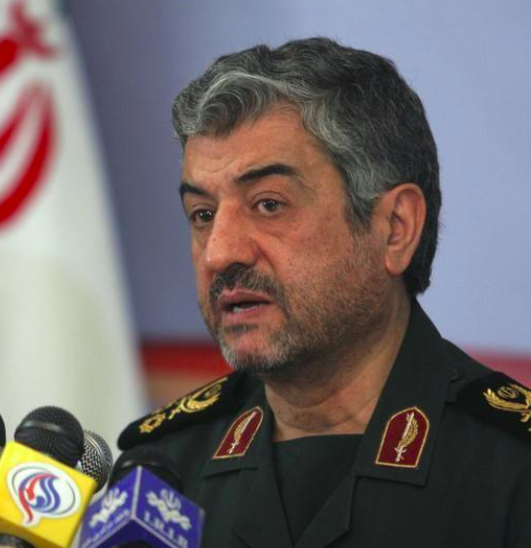Speaking at the 4th Festival of Science and Technology Jihad at the Islamic Azad University in February, Major General Mohammad Ali Jafari, the commander of the Islamic Revolutionary Guards Corps (IRGC), said: “In its efforts to help the Resistance Economics, the IRGC is getting involved in the agriculture sector.”
This involvement does not represent a major move for the IRGC, particularly since the Basij Organization of Agricultural and Natural Resources Engineers and the Agriculture Jihad have already been very active in the field.
The IRGC has, in the past, operated as an import-export agent for agricultural products. In December 2012, Majid Khorasani, the Commander of the Construction Jihad, announced that his organization had taken over the responsibility of collecting and selling agricultural products.
The plan has already found support among senior IRGC commanders. Mohammad Hossein Babaei, the commander of the IRGC-Karbala Force in Mazandaran Province, discussed the issue of allocating resources to help resistance economics and manage the sale of eggs, quail meet and agricultural products.

There are renewed hostilities between Tehran and Washington, and the U.S. has recently imposed new sanctions on Iran. At the same time, agricultural trade between the two countries, which started during the Barack Obama presidency, has reportedly increased. Some aides in the Trump White House are concerned that the trade will enable Iran to provide greater support for terrorism.
In May 2017, Majtaba Khosrowtaj, the Deputy Minister of Industries, Mine and Trade, announced that the easing of sanctions following the nuclear deal had enabled Iran to resume the export of goods and products to the U.S.
The trade relations between Iran and the U.S. had actually resumed before the signing of the nuclear deal. In 2014, the former head of the Agriculture Committee of Iran Chamber of Commerce, said that following the issuance of a permit by the U.S. Office of Foreign Assets Control (OFAC), the trade of goods and products had resumed between the two countries.
Iran exports saffron, cumin and medicinal plants and herbs to the U.S. From the U.S., it imports fertility technology such as sex-sorted cattle sperm to enhance the efficiency of calf production and breeding, as well as genetic selection technology, packaged butter and plant seeds.
According to some reports, Iran has exported close to $5.6 billion worth of goods and products to the U.S. in January 2017. Exports have, however, dropped to $4.9 billion since then.
In 2016, Iran reportedly exported $88 million worth of goods to the U.S., which represented $75 million more than the previous year.
According to the conservative news website Free Beacon, Iran has found a lucrative market for its caviar and pistachios in the U.S. The two countries are the first and second biggest exporters of pistachios in the world, respectively. They compete for the same market. Acquiring the latest equipment and technology would enable Iran to increase its agricultural capacity.
On the other hand, the Republican Congressman from Illinois, Peter Roskam, warns against the increased volume of trade between the U.S. and the Islamic Republic which “supports terrorism.” He asserts that the IRGC is actively involved in the agriculture trade, adding: “American farmers and food importers should know that the IRGC is exploiting the situation for its own purposes.”
Some experts believe that increased trade with Iran gives legitimacy to the regime. The American government is closely scrutinizing the activities of the IRGC and companies that either directly or indirectly it engages with.

